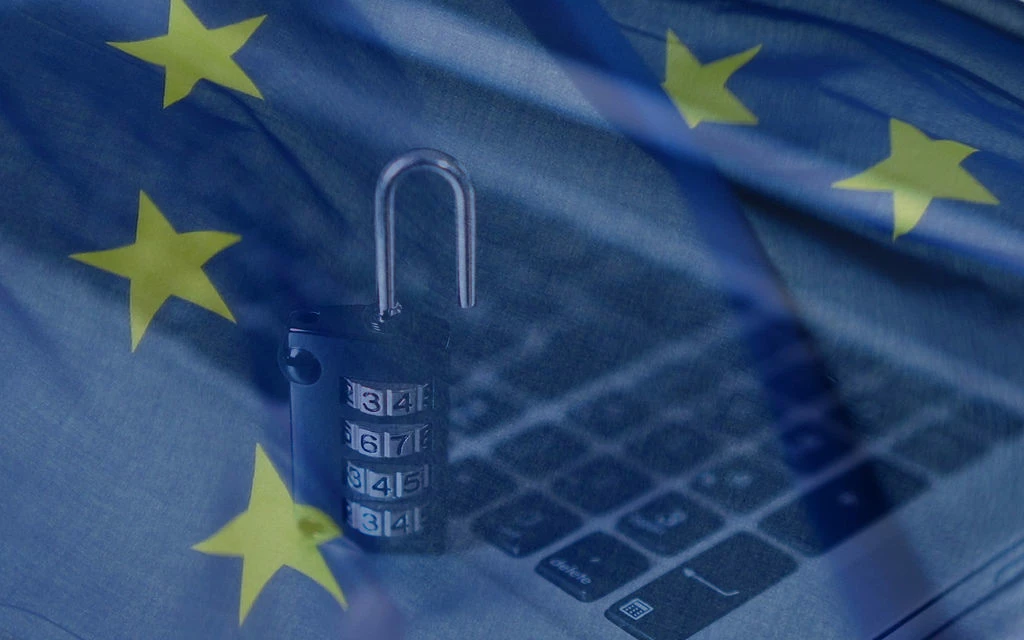
Partner Article
How can SMEs better prepare for GDPR?
The run-up to GDPR has begun. With just over six months to go, many SMEs are finding themselves unprepared and unaware of the changes which need to be made to be compliant with GDPR. Whilst some aspects are the same as those included in the 1998 Data Protection Act, there are a number of new restrictions to be aware of.
With this in mind, IT consultancy QuoStar has put together a checklist of five things that will help to improve SMEs’ readiness for this regulation.
1. Appoint a Data Protection Officer (DPO) Someone within the business will need to hold the role of Data Protection Officer under the GDPR regulation, and will be responsible for the information held within the organisation. This doesn’t need to be someone who works full-time and can even be outsourced if required.
2. Know your data A crucial part of GDPR is understanding the personal customer data on file, and how it is processed. Having previous consent from the customer does not necessarily mean that a business has consent for using that data differently, so renewing this consent may be needed. This particularly applies to data held about children, as parental/guardian consent is now required for this data to be processed.
3. Consider consent On top of this, GDPR goes beyond current requirements when it comes to requesting consent to process personal data. SMEs should ensure that they are using simple language in their consent forms and are completely clear about how individuals’ data will be used. Any issues in this area will undoubtedly lead to repercussions from the regulator next year.
4. Prepare for a data breach To this day, many SMEs still don’t have procedures in place for how they will respond to a security breach. A business must know exactly how it will deal with a breach, and what systems it has in place. Should a cyber-attack occur, SMEs will need to report it to the ICO within 72 hours, and could face a fine of up to 20 million Euros for falling victim to a cyber-attack.
5. Think tech SMEs will likely already have systems in place to assist in performing compliance and risk checks, and automation will undoubtedly help with this under GDPR. Any third party systems such as finance and IT should be consulted on how GDPR-related compliance can be automated as best as possible, to lessen the risk of something slipping through the net.
This was posted in Bdaily's Members' News section by QuoStar .
Enjoy the read? Get Bdaily delivered.
Sign up to receive our popular morning National email for free.








 Raising the bar to boost North East growth
Raising the bar to boost North East growth
 Navigating the messy middle of business growth
Navigating the messy middle of business growth
 We must make it easier to hire young people
We must make it easier to hire young people
 Why community-based care is key to NHS' future
Why community-based care is key to NHS' future
 Culture, confidence and creativity in the North East
Culture, confidence and creativity in the North East
 Putting in the groundwork to boost skills
Putting in the groundwork to boost skills
 £100,000 milestone drives forward STEM work
£100,000 milestone drives forward STEM work
 Restoring confidence for the economic road ahead
Restoring confidence for the economic road ahead
 Ready to scale? Buy-and-build offers opportunity
Ready to scale? Buy-and-build offers opportunity
 When will our regional economy grow?
When will our regional economy grow?
 Creating a thriving North East construction sector
Creating a thriving North East construction sector
 Why investors are still backing the North East
Why investors are still backing the North East